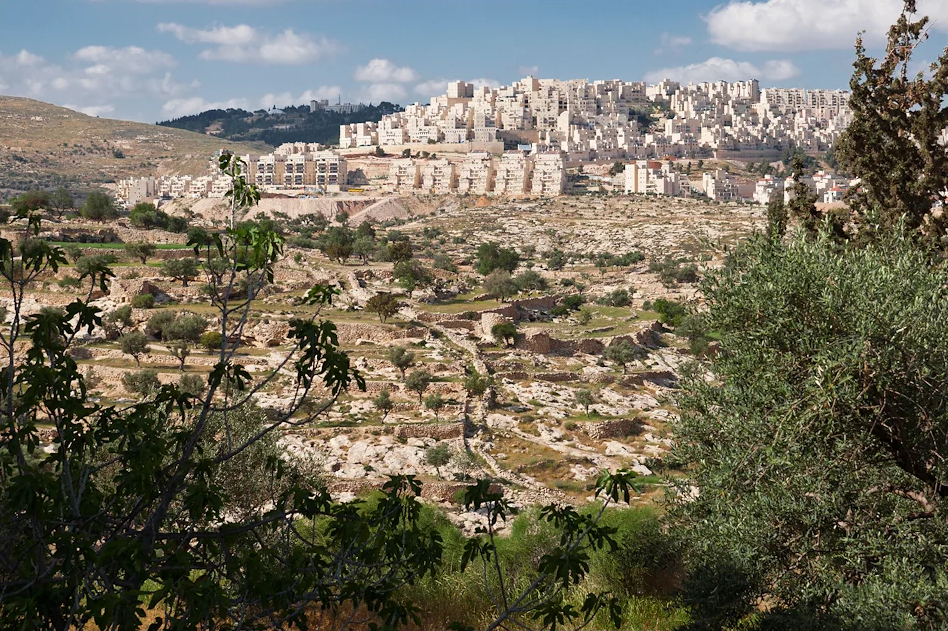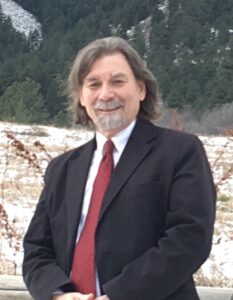

 View of an Israeli settlement in the West Bank. Photo by Montecruz Foto, via Wikimedia Commons (CC BY-SA 2.0)
View of an Israeli settlement in the West Bank. Photo by Montecruz Foto, via Wikimedia Commons (CC BY-SA 2.0)
We often speak of colonialism as if it were a singular event of the past—fixed in time and easily defined. Yet its ongoing, structural nature continues to reverberate within Indigenous nations in ongoing violence and in largely unacknowledged ways. In this post in our blog series on the Fourth World Journal Special Issue: Nations International Criminal Tribunal (NICT), contributor Andrew Reid confronts this uncomfortable truth through a rigorous examination of settler colonialism as a slow-moving form of genocide.
In his article, Reid challenges the limitations of international law and prevailing genocide scholarship, arguing that the legal framework surrounding the “crime of crimes” has failed to account for the structural and eliminatory nature of settler colonialism. His work calls for a critical expansion of legal definitions to acknowledge and address the full scope of colonial violence that continues to unfold today.
Hear directly from Reid as he expands on his powerful analysis of settler colonialism and its enduring impact on Indigenous nations.
By Andrew Reid, J.D.
British historian Patrick Wolfe opined that settler colonialism is not just a historical event but a structural process that, by definition, eliminates in order to replace over time. Colonial rule and domination often seek the extermination of occupied nations and peoples through forced assimilation and attrition. Even though colonialism is at its core ethnic cleansing, forced assimilation, and slow genocide, the protracted colonial elimination of original nations and peoples has been largely excluded from the “crime of crimes” by international institutions, the developing law of genocide, and genocide scholars. This article seeks to address that deficiency.

Andrew Reid is a lifelong social and eco-justice advocate and scholar dedicated to the liberation of Fourth World nations and peoples from continuing imperial and colonial domination. Over the past 50 years, he has worked with and provided legal counsel to many environmental and Indigenous organizations, including Indigenous nations and peoples in the Americas and the Caribbean. Professor Reid teaches courses on the international and human rights law of Indigenous peoples, federal Indian law, and environmental ethics and justice, has authored numerous publications, and frequently presents at domestic and international forums on these areas.
The library is dedicated to the memory of Secwepemc Chief George Manuel (1921-1989), to the nations of the Fourth World and to the elders and generations to come.
access here